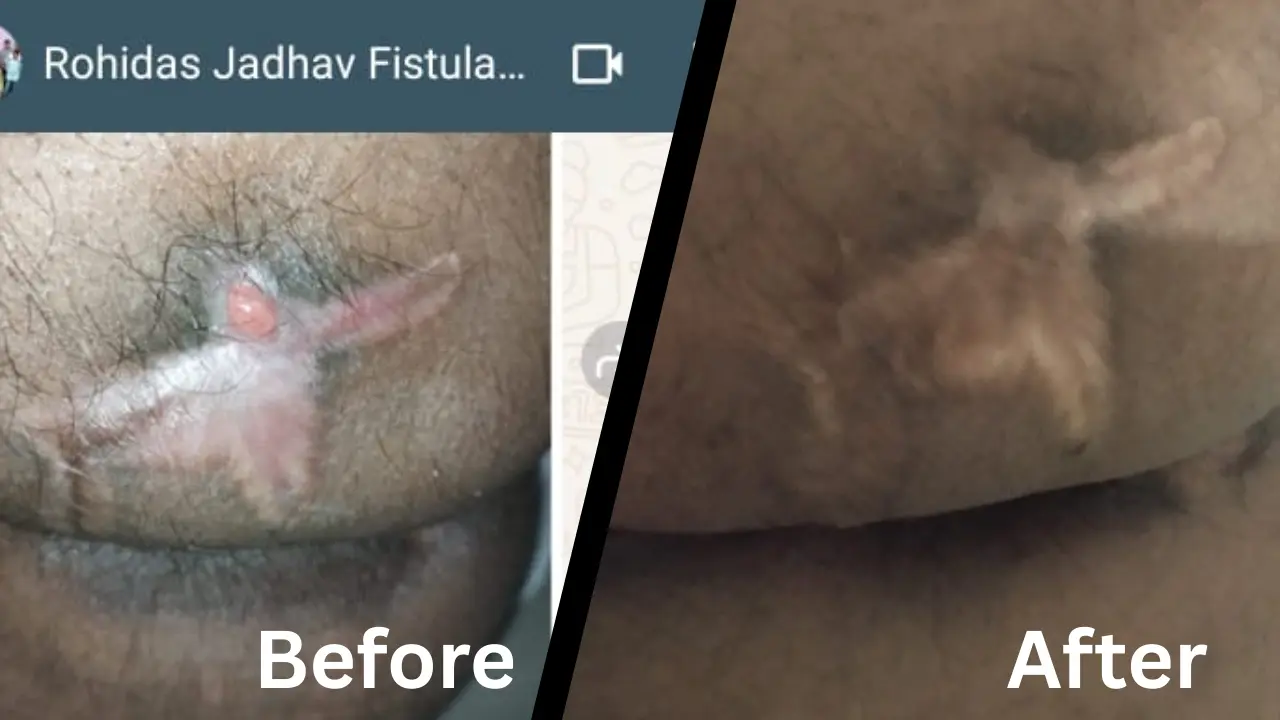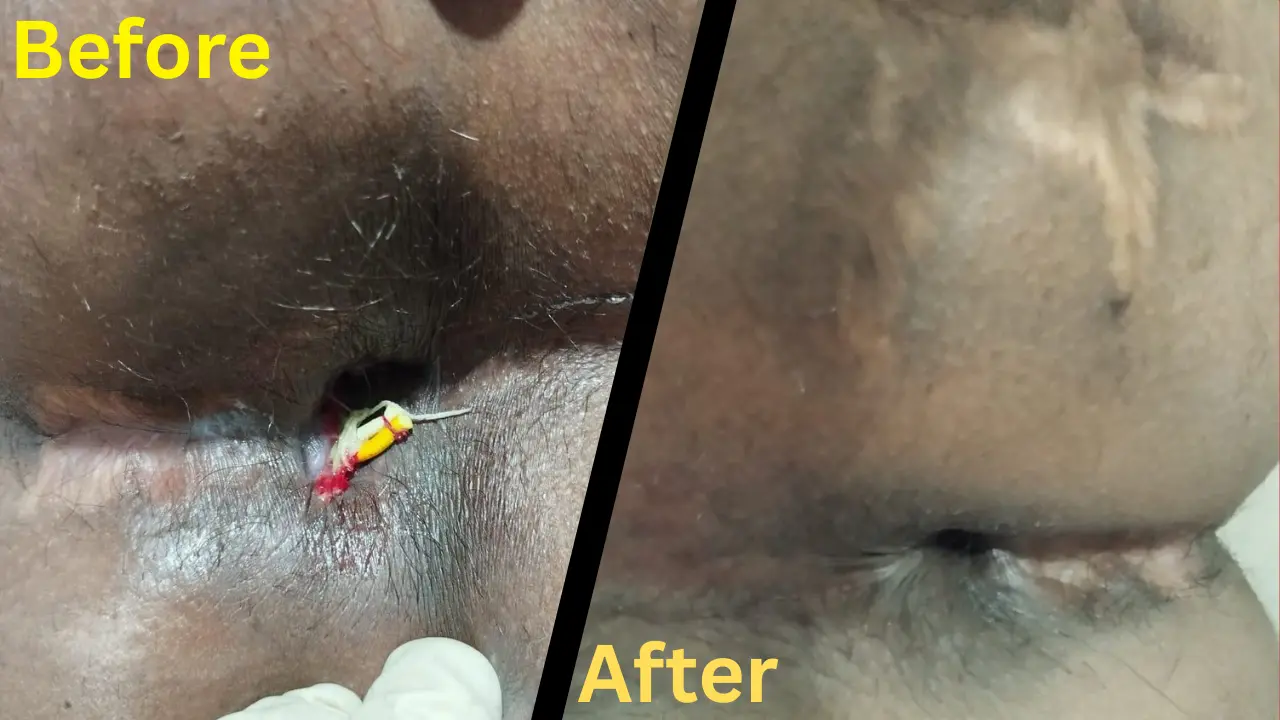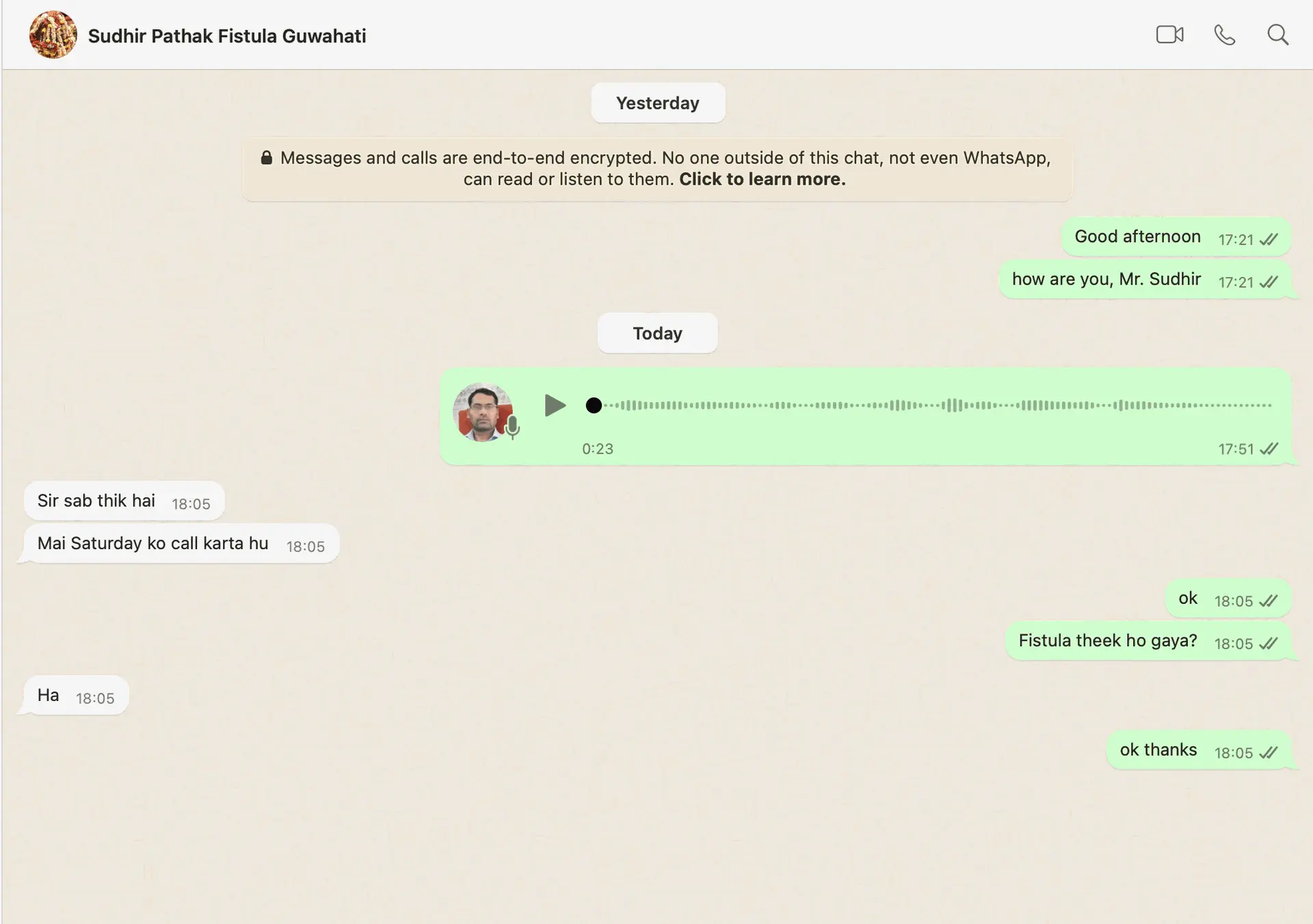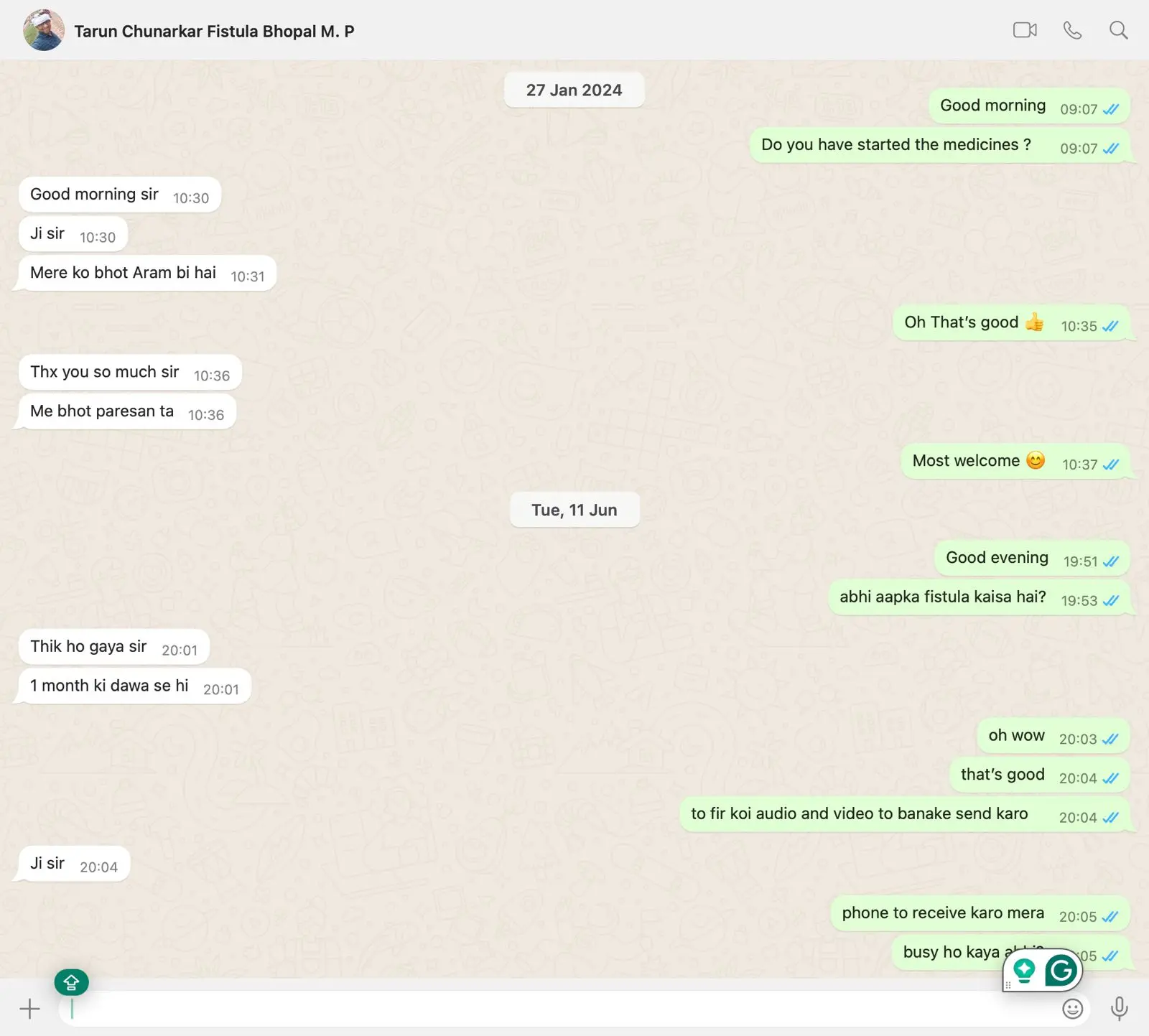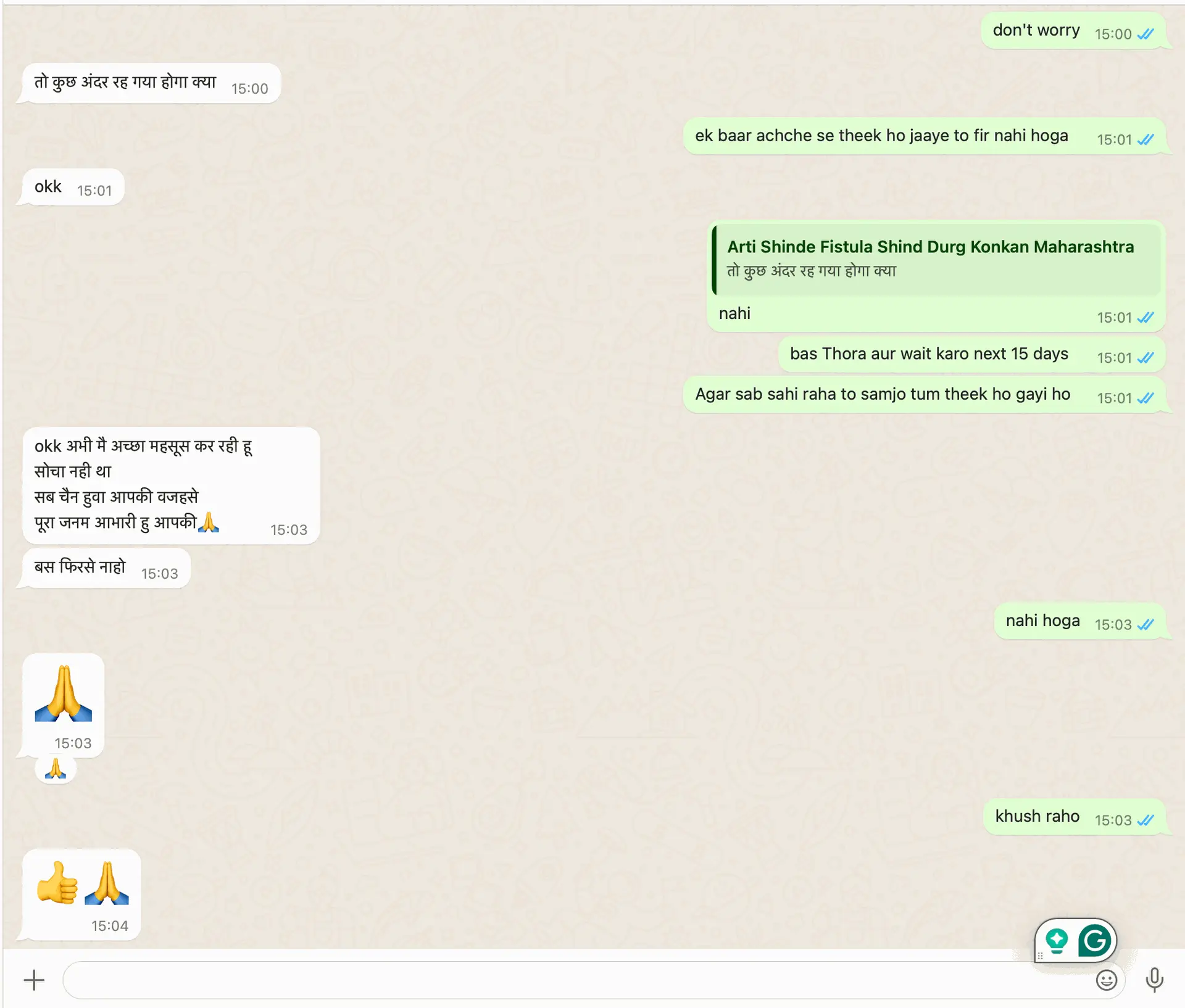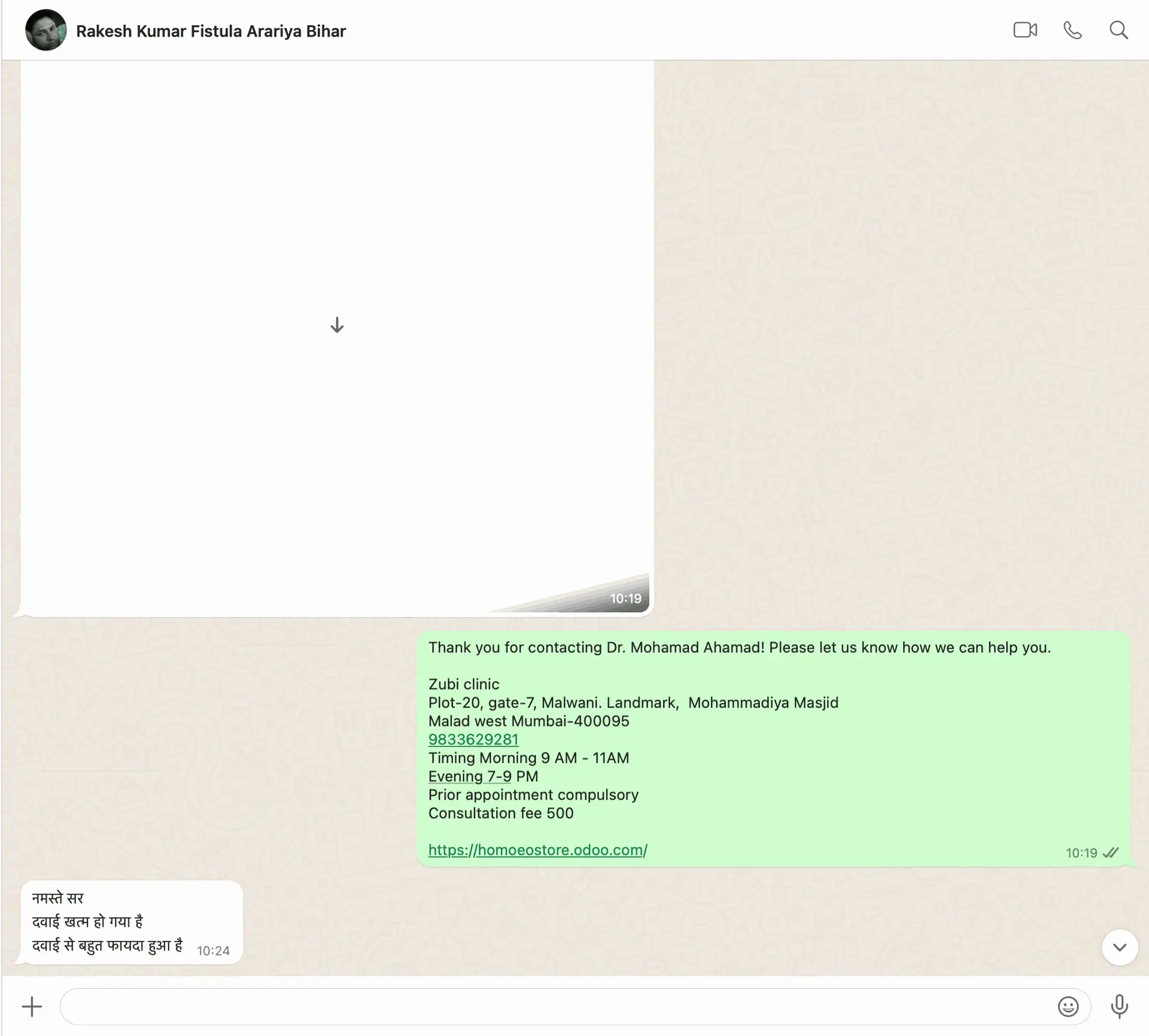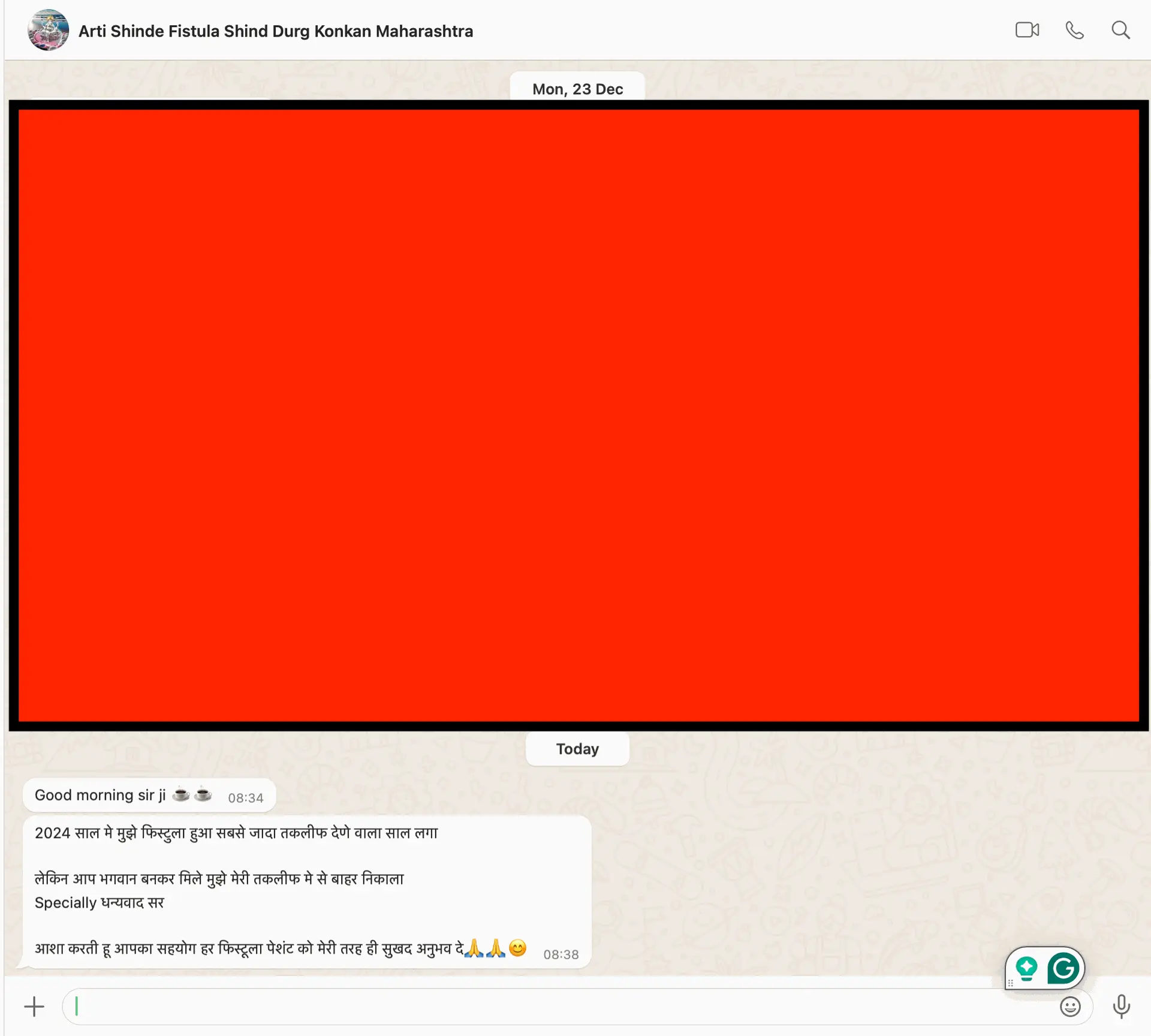Your symptoms—jaw clenching, chest tightness, muscle spasms, and brain fog—could be linked to several conditions, including:
- Anxiety & Stress – Chronic stress can cause jaw clenching (bruxism), muscle tension, chest tightness, and cognitive difficulties like brain fog.
- Temporomandibular Joint Disorder (TMJ/TMD) – This can lead to jaw clenching, facial pain, and even headaches or brain fog.
- Magnesium Deficiency – Low magnesium levels can cause muscle spasms, tightness, and cognitive issues.
- Fibromyalgia – A chronic pain condition that often causes muscle tightness, brain fog ("fibro fog"), and fatigue.
- Chronic Fatigue Syndrome (CFS) – Characterized by brain fog, muscle aches, and unexplained fatigue.
- Neurological Disorders – Conditions like Parkinson’s, MS, or even mild forms of dystonia could contribute to these symptoms.
- Thyroid Dysfunction – Hypothyroidism can cause fatigue, muscle stiffness, and brain fog.
Since you practice homeopathy, you may already be familiar with remedies like Mag Phos (for muscle spasms), Kali Phos (for brain fog), and Ignatia (for stress-related tightness).
Would you like a homeopathic approach for these symptoms? Or do you want guidance on medical tests to rule out underlying conditions?
If your symptoms persist or worsen, it's essential to consider a holistic approach to diagnosis and treatment. Here are some steps you can take:
1. Medical Evaluation & Tests
To rule out underlying conditions, you might consider the following tests:
- Blood Tests: Check for vitamin and mineral deficiencies (especially magnesium, calcium, vitamin D, and B12), thyroid function (TSH, T3, T4), and inflammation markers (CRP, ESR).
- Neurological Exam: If brain fog and muscle spasms are severe, an EEG or MRI might help assess any neurological causes.
- Electrolyte Panel: Ensures proper balance of sodium, potassium, and magnesium.
- Sleep Study: If you experience poor sleep, sleep apnea could contribute to your symptoms.
2. Homeopathic Treatment Approach
Homeopathy focuses on treating the root cause of symptoms by considering both physical and emotional aspects. Some remedies that may help include:
- Magnesia Phosphorica (Mag Phos) 6X or 30C – Excellent for muscle cramps, spasms, and tension, especially if warmth relieves symptoms.
- Kali Phosphoricum (Kali Phos) 6X or 30C – Useful for brain fog, fatigue, and nervous exhaustion.
- Ignatia Amara 30C or 200C – Helps with stress, anxiety, and emotional distress, especially if symptoms worsen with emotional strain.
- Calcarea Phosphorica (Calc Phos) 6X – For muscle weakness, stiffness, and nerve pain.
- Cuprum Metallicum 30C – A good remedy for involuntary muscle spasms and cramps.
3. Lifestyle & Dietary Changes
- Magnesium-Rich Foods – Include leafy greens, nuts, seeds, bananas, and dark chocolate.
- Hydration & Electrolyte Balance – Drink enough water and consider coconut water for natural electrolytes.
- Stress Management – Meditation, deep breathing exercises, and yoga can help relieve tension.
- Sleep Hygiene – Maintain a consistent sleep schedule, limit blue light exposure before bed, and ensure proper rest.
Would you like a more personalized homeopathic remedy plan based on your specific case history and symptoms?
4. Additional Therapies for Symptom Relief
In addition to homeopathy and lifestyle modifications, some complementary therapies can help manage your symptoms effectively:
A. Physical Therapy & Muscle Relaxation
-
Jaw Clenching (Bruxism) Solutions:
- Try gentle jaw exercises to relax the muscles.
- Warm compresses on the jaw area can help relieve tightness.
- If teeth grinding is severe, a mouth guard (nightguard) can protect your teeth and relax the jaw.
-
Chest Tightness & Muscle Spasms:
- Stretching exercises and light yoga poses (like the cat-cow stretch and chest openers) can reduce stiffness.
- Massage therapy may help loosen tight muscles.
- Progressive Muscle Relaxation (PMR): A guided technique where you tense and release different muscle groups.
B. Breathing & Mindfulness Techniques
- Diaphragmatic Breathing: Breathe in deeply through the nose, expanding your diaphragm, and exhale slowly through the mouth. This helps with chest tightness and anxiety.
- Box Breathing (4-4-4-4 technique): Inhale for 4 seconds, hold for 4 seconds, exhale for 4 seconds, and hold again for 4 seconds. This is great for calming the nervous system.
- Meditation & Mindfulness: Practices like guided meditation and grounding exercises can reduce stress-related tension.
C. Herbal & Natural Supplements
- Magnesium Glycinate or Citrate: Supports muscle relaxation and nerve function.
- Ashwagandha: An adaptogenic herb that helps with stress, anxiety, and muscle tension.
- B-Complex Vitamins: Supports energy production and reduces fatigue-related brain fog.
- Omega-3 Fatty Acids: Found in flaxseeds, walnuts, and fish oil, omega-3s support brain health and reduce inflammation.
5. Emotional & Mental Well-being
Since stress and emotional imbalances can contribute to jaw clenching, tightness, and brain fog, it’s crucial to address mental well-being:
- Journaling: Writing down your thoughts can help process emotions and reduce stress.
- Cognitive Behavioral Therapy (CBT): If anxiety or stress is a major trigger, therapy can be beneficial.
- Social Support: Talking with trusted friends, family, or a support group can provide relief.
6. When to See a Doctor
If your symptoms persist despite home remedies, consider consulting a healthcare professional, especially if you experience:
- Severe and persistent chest tightness or shortness of breath (to rule out heart or lung conditions).
- Worsening muscle spasms, neurological symptoms, or difficulty speaking/swallowing (to rule out neurological disorders).
- Severe brain fog impacting daily functioning.
- Jaw pain with clicking or locking that worsens over time.
Conclusion
Your symptoms suggest a mix of physical, neurological, and possibly stress-related factors. A combination of homeopathy, lifestyle changes, relaxation techniques, and medical evaluation can help address the root cause.
Would you like me to refine a homeopathic remedy protocol tailored to your exact symptom pattern and triggers? Let me know how I can assist further! 😊
7. Personalized Homeopathic Protocol
Since your symptoms involve multiple systems—neuromuscular, cognitive, and stress-related—it's best to approach treatment holistically. Here’s a detailed homeopathic protocol that may help:
A. Jaw Clenching & Muscle Spasms
- Magnesia Phosphorica 6X or 30C – Best for muscle cramps, spasms, and jaw tightness. Take 2–3 times daily, reducing as symptoms improve.
- Cuprum Metallicum 30C – For involuntary muscle contractions, spasms, and twitching. Take once daily at night.
- Hypericum 200C – If you experience nerve-related pain, tingling, or sharp shooting pains. Use twice weekly for chronic cases.
- Chamomilla 30C – Helps with jaw clenching due to stress or irritation, especially at night. Take before bed if bruxism is stress-induced.
B. Chest Tightness & Anxiety
- Ignatia Amara 200C – Best for stress, emotional strain, and chest tightness triggered by anxiety. Use once daily for 5–7 days, then reassess.
- Aconitum Napellus 30C – If tightness comes suddenly with panic-like sensations. Take as needed for acute attacks.
- Kali Carbonicum 30C – For chronic chest tightness with muscle stiffness, especially in the back or shoulders. Take once daily for a week.
C. Brain Fog & Cognitive Clarity
- Kali Phosphoricum 6X – The best remedy for mental exhaustion, difficulty concentrating, and forgetfulness. Take 2–3 times daily for a month.
- Gelsemium 30C – If brain fog comes with fatigue, heaviness in the head, or slow thinking. Take once daily as needed.
- Baryta Carbonica 30C – For memory weakness and difficulty processing information. Take every other day for a month.
D. Overall Nervous System Support
- Calcarea Phosphorica 6X – Strengthens weak muscles and nerves. Take twice daily for long-term support.
- Zincum Metallicum 30C – Helps when there’s restlessness, leg twitching, or nervous system overload. Use at night if symptoms worsen.
8. Dietary & Lifestyle Adjustments
A. Anti-Inflammatory & Nervous System-Supporting Diet
-
Increase Magnesium-Rich Foods
- Dark leafy greens (spinach, kale)
- Nuts & seeds (almonds, pumpkin seeds)
- Bananas, avocados
- Dark chocolate (85% cacao or higher)
-
Healthy Fats for Brain Function
- Walnuts, flaxseeds, and chia seeds
- Fatty fish (salmon, mackerel) or plant-based omega-3 supplements
-
Hydration & Herbal Teas
- Chamomile tea (for relaxation)
- Ashwagandha or Tulsi tea (for stress support)
- Coconut water (for natural electrolytes)
9. Long-Term Healing & Prevention
-
Daily Jaw Relaxation Exercises
- Place the tip of your tongue on the roof of your mouth and gently open your jaw.
- Massage the TMJ area (near the ears) with warm oil.
-
Guided Meditation & Breathing Practices
- Try the 4-7-8 breathing technique: Inhale for 4 seconds, hold for 7, exhale for 8.
- Use progressive muscle relaxation (PMR) before sleep.
-
Regular Physical Activity
- Yoga for stress relief (child’s pose, downward dog, cat-cow stretch).
- Low-impact strength training to support muscle function.
10. When to Seek Medical Attention
If symptoms persist despite homeopathic treatment and lifestyle changes, consider consulting a specialist. You may need:
✔ A neurologist if muscle spasms or brain fog worsen.
✔ A TMJ specialist if jaw clenching is severe.
✔ A cardiologist or pulmonologist if chest tightness is ongoing.
Final Thoughts
Your symptoms suggest a combination of stress, possible nutritional deficiencies, and muscle tension. A holistic plan including homeopathy, relaxation techniques, proper nutrition, and stress management will be the best approach.
Would you like a more customized homeopathic treatment schedule or help tracking progress? Let me know how I can assist further! 😊
